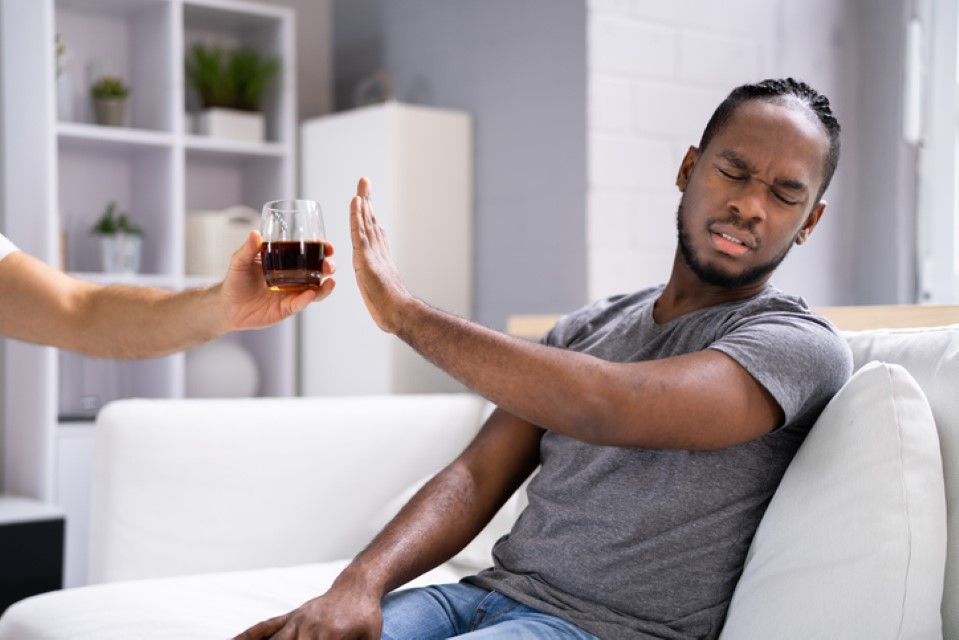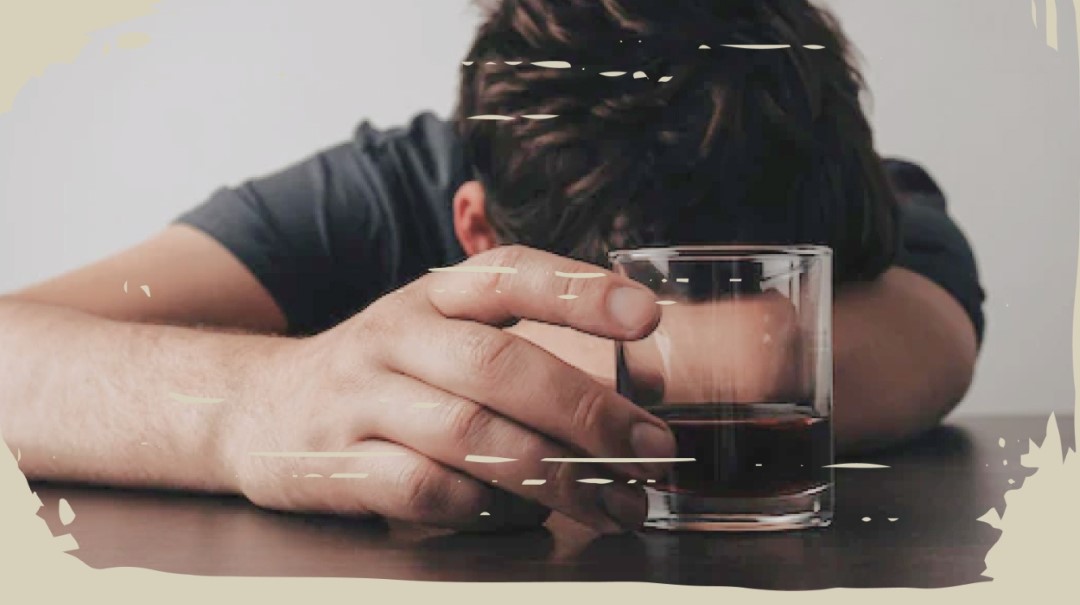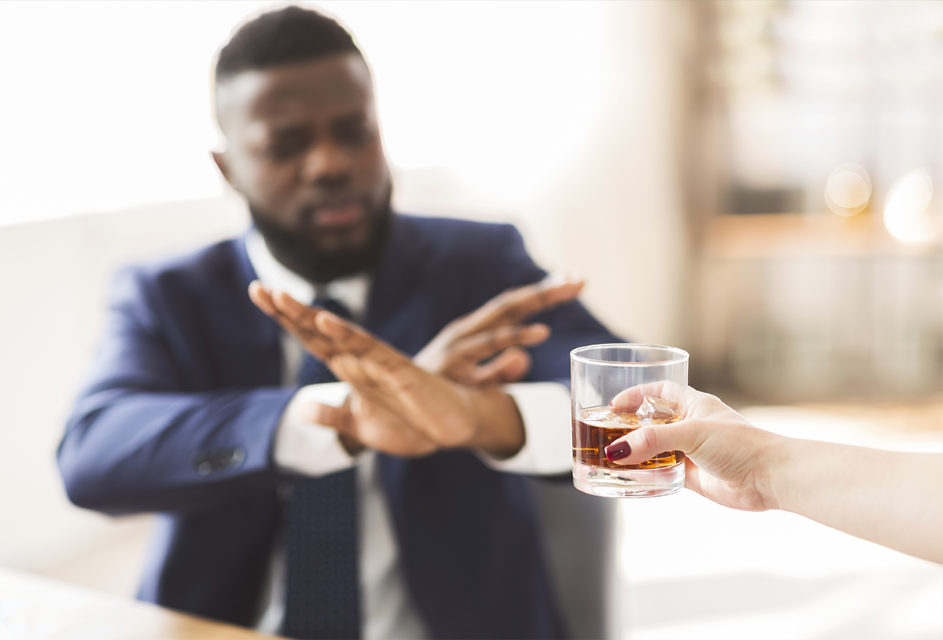Have you ever experienced a sensation of feeling high even when you’re perfectly sober? This peculiar phenomenon can leave you bewildered, and you might find yourself asking, “Why do I feel high, but I’m not under the influence of any substances?” In this article, we’ll delve into the various factors that can contribute to this unusual experience and provide insights into what might be happening in your body and mind.
1. Psychological Factors at Play
Feeling high when you’re not on any substances can often be attributed to psychological factors. Your mind is a powerful tool that can create a range of sensations and emotions. If you’re experiencing feelings of euphoria or altered perception, it might be due to your current mental state. Stress, excitement, anxiety, or even a vivid imagination can all play a role in making you feel high without any external substances.
2. The Power of Placebo
The placebo effect is a well-documented phenomenon in which your mind believes that it’s experiencing the effects of a substance, even when there’s no active ingredient involved. If you’re in a situation where you expect to feel high or altered in some way, your brain might produce sensations that mimic those expectations. This can happen in various scenarios, from social situations to medical treatments, where your belief in the outcome can influence your experience.

3. Natural Highs and Runner’s High
Engaging in physical activities like exercise can lead to a natural high. When you work out, your brain releases endorphins, which are natural mood lifters. These endorphins can induce feelings of happiness and euphoria, making you feel high in a purely organic way. Runner’s high, for example, is a well-documented occurrence among long-distance runners, where they experience a sense of euphoria during or after a run.
4. Lack of Sleep and Fatigue
If you’re sleep-deprived or experiencing extreme fatigue, your body can react in unusual ways, including making you feel high. Sleep deprivation can lead to altered perception, mood swings, and even hallucinations. These symptoms can mimic the effects of intoxication, leaving you feeling high even though you’re not under the influence of any substances.
5. Nutrition and Blood Sugar
The food you eat and your blood sugar levels can have a significant impact on your mood and overall sense of well-being. If you consume a high-sugar or high-carb meal, you may experience a rapid spike in blood sugar, followed by a crash. This can lead to feelings of dizziness, confusion, and even euphoria, which can be mistaken for feeling high. It’s essential to maintain a balanced diet to avoid these fluctuations in blood sugar and mood.
Can dehydration make me feel high even if I’m sober? Dehydration can indeed have a significant impact on your mood and physical sensations. When you’re dehydrated, your body can experience symptoms like dizziness, confusion, and light-headedness, which may be confused with feeling high.

Is it possible to feel high due to certain medical conditions? Yes, certain medical conditions can lead to altered perceptions and feelings of euphoria. Conditions such as epilepsy, migraine auras, and certain neurological disorders can cause sensory disturbances that might make you feel high.
Can meditation or mindfulness practices induce a feeling of being high without substances? Meditation and mindfulness practices induce a sense of calm and well-being. While they may not make you feel high in the same way as substances do, they can produce a natural high by reducing stress and promoting relaxation.
Why do I feel high when I’m fatigued? Extreme fatigue or sleep deprivation can lead to altered perceptions and mood swings. Your brain’s functioning is impaired when you’re tired, which can result in sensations that mimic the effects of being high.
Are there any dangers associated with feeling high without the use of substances? While feeling high without substances may not be inherently dangerous, it’s essential to consider the underlying causes. If it’s due to a medical condition or severe fatigue, it’s crucial to address these issues. In some cases, it may also be a sign of heightened stress or anxiety, which should be managed to maintain overall well-being.
In Conclusion
Experiencing a feeling of being high when you’re completely sober can be puzzling, but it’s not as uncommon as you might think. Psychological factors, the placebo effect, natural highs from exercise, sleep deprivation, and even nutritional factors can all contribute to this sensation. It’s essential to consider your current circumstances and overall health when this happens and address any underlying issues if necessary. Remember that if you’re concerned about these sensations or they persist, it’s always a good idea to consult a healthcare professional to rule out any underlying medical conditions.

